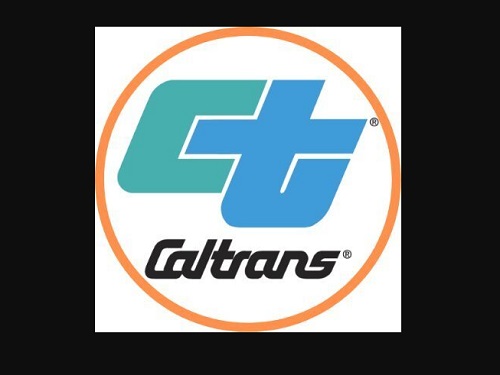The California Department of Transportation – known as Caltrans – recently unveiled a new “equity tool” designed to ensure all state residents benefit from the agency’s transportation projects. The tool also identifies communities most negatively impacted by the state’s transportation system, especially in the cases of high rates of traffic, vehicle crashes, air pollution, and limited transit options.
[Above image by Caltrans]
Caltrans said its new Transportation Equity Index or “EQI tool” will help inform project selection, program evaluation, and policy decisions; better align the transportation system to state environmental and equity goals; and help address other transportation-related inequities.
The agency said data from this new tool will be used to identify transportation-based priority populations to help end harms created or worsened by the state’s transportation system. Caltrans added that it also aims to advance equitable outcomes during project planning, development, and design phases – for both the department and partner public agencies – through the use of its EQI tool.
“We will use this tool to help ensure all California communities benefit from our transportation projects,” noted Tony Tavares, director of Caltrans, in a statement. “We need to identify the ways our transportation infrastructure has negatively impacted our communities and neighborhoods. Better data lets us build equity into our transportation system from the ground up.”
“Establishing the EQI tool shows our serious commitment to embedding equity in our decision-making to improve the quality of life for all Californians,” added Toks Omishakin, secretary of the California State Transportation Agency and a former Caltrans director.
“By more easily identifying and prioritizing communities with the greatest transportation needs, there is tremendous potential in this tool to help achieve an equitable transportation future for all,” he said.
The new EQI tool includes three key data indicators. The first focuses on household income and federally recognized tribal lands; the second measures traffic proximity, volume, and crash exposure; and the final considers access to destinations, measuring gaps in the transit, bicycle, and pedestrian networks.
Caltrans said its new EQI tool – which began development in 2021 as part of the “equity commitment” built into the agency’s Climate Action Plan for Transportation Infrastructure – relies on both publicly available and internally developed datasets from public and private sources.
The department said the first application of its EQI tool will be to deepen the analytical capabilities within the Caltrans System Investment Strategy, which is a data and performance-driven system that guides transportation investments by Caltrans statewide. Additional applications for the new EQI tool are still under development, the agency added.

